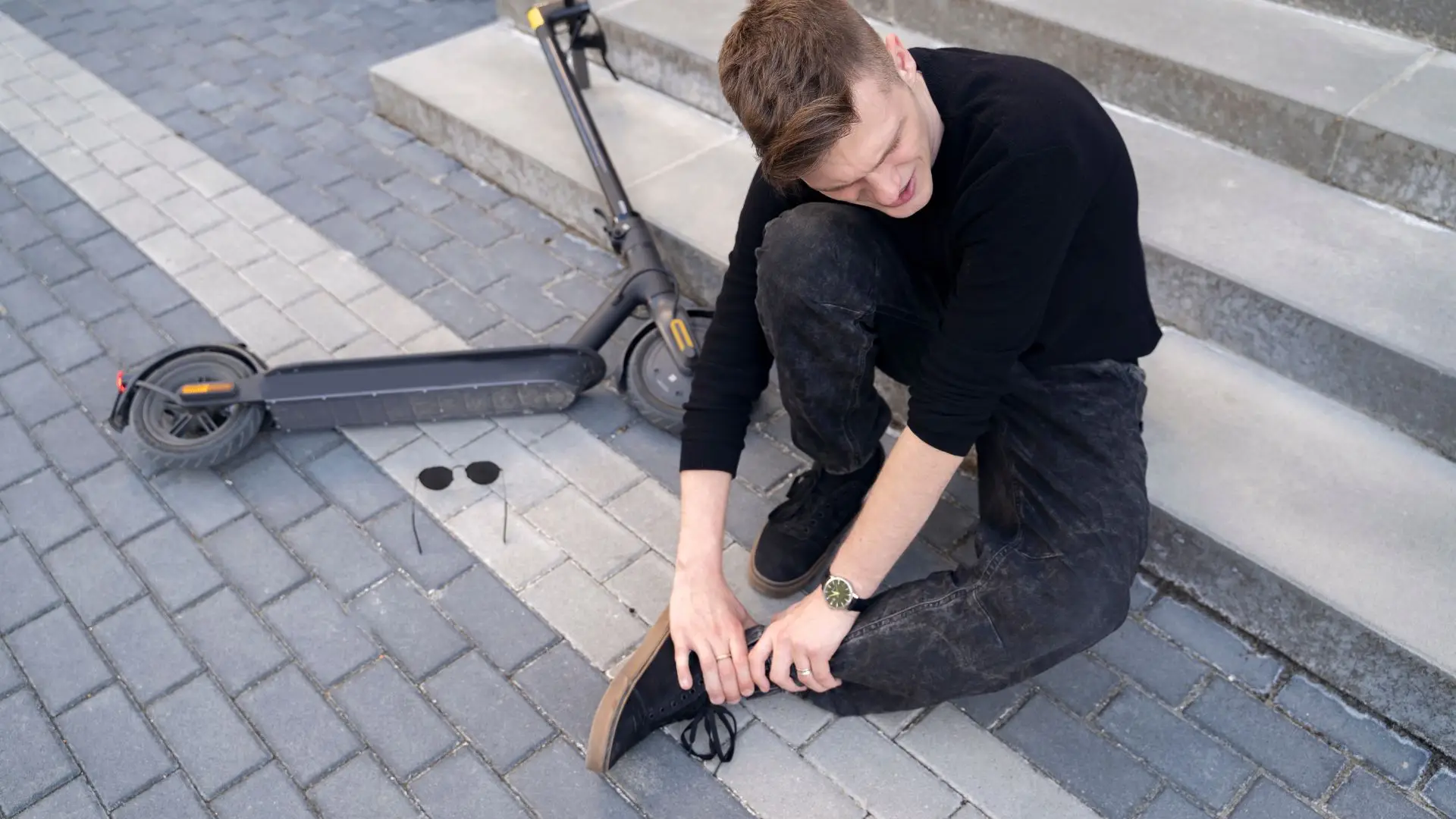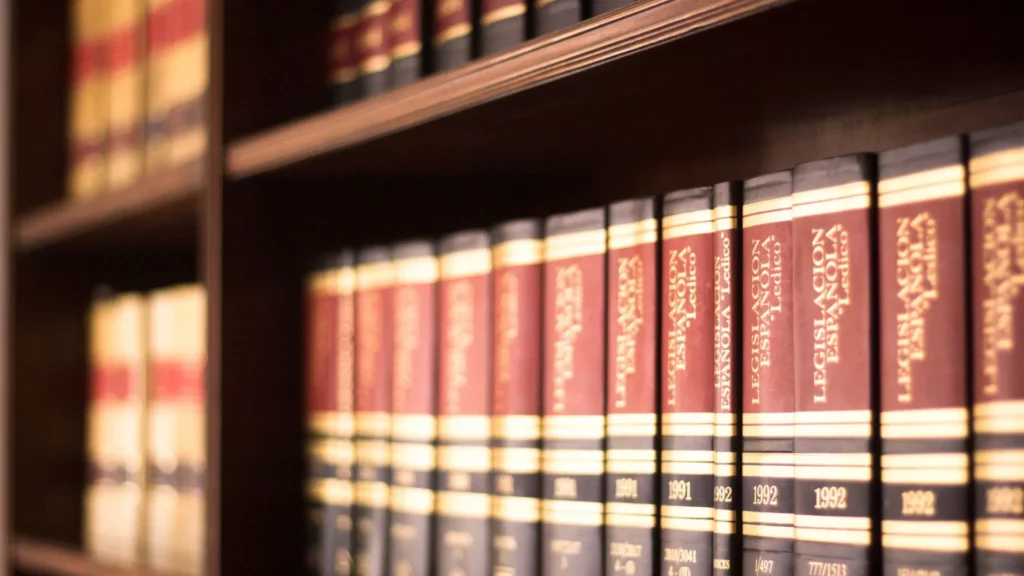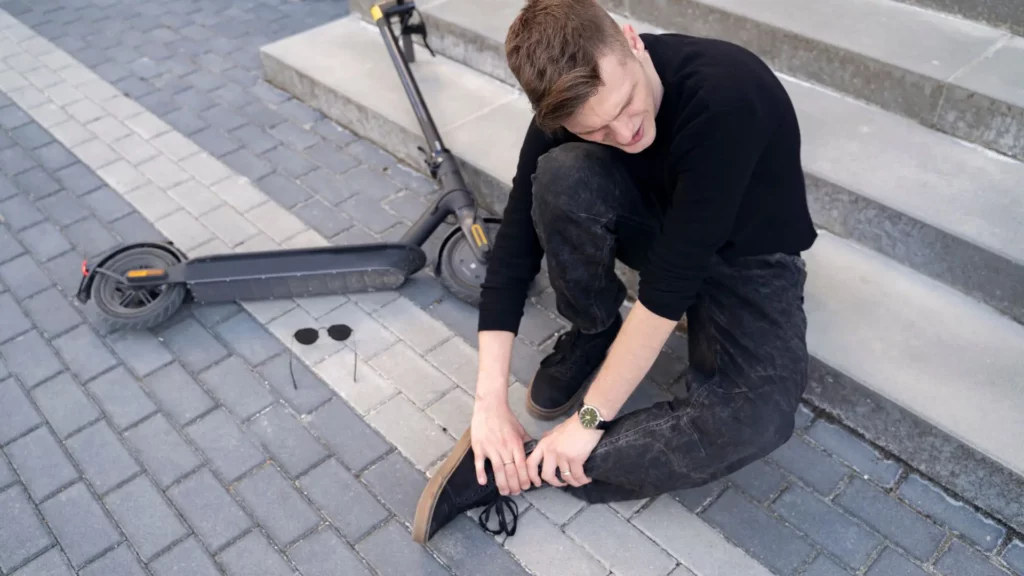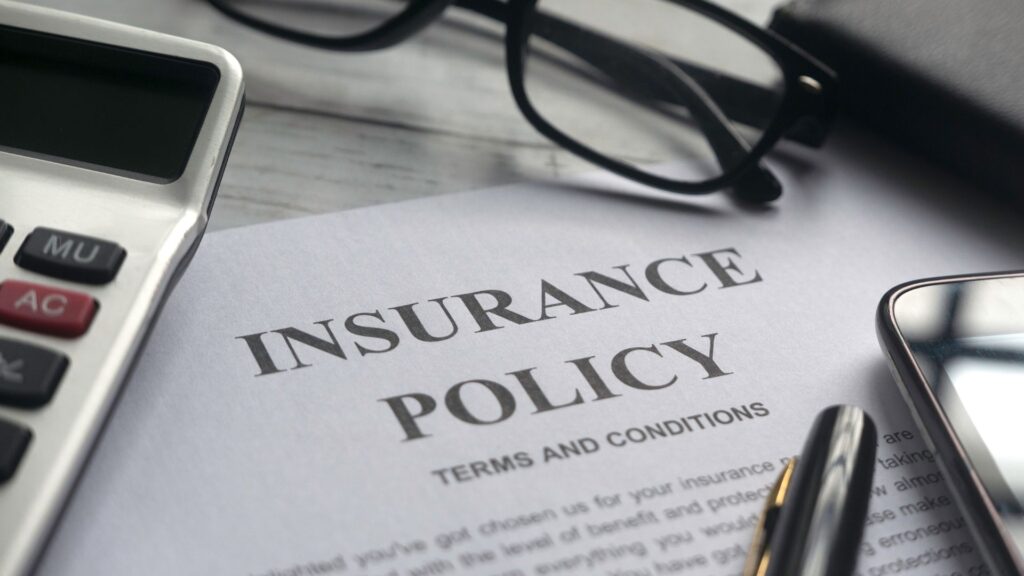Electric scooters are common sources of transportation that have progressively grown in popularity over the past few years in many cities across California. It is conveniently used to take short commutes to certain locations, like work or school. Despite its benefits, it does have its downsides. One in particular is its high demand. With many electric scooter riders on the road, the likelihood of an accident will increase.
Victims who were involved in an electric scooter accident are entitled to pursue legal action against the responsible party. At West Coast Trial Lawyers, our California personal injury lawyers are readily available to step in to protect your rights and advocate on your behalf to make sure you get the justice and compensation you deserve for your losses.
We run on a contingency-fee basis, meaning that you owe us nothing unless we settle your case. To schedule a FREE consultation, please contact our 24/7 legal team by calling (213) 927-3700 or filling out our quick contact form.
California Scooter Laws
In California, traffic laws are established to maintain a safe environment where all road users are required to provide a duty of care to one another. The intention of creating such laws is to ensure that everyone in California has a safe traveling experience where little to no potential dangers are present.
Below is a list of scooter regulations that all riders are required to follow.
- Must wear a helmet if you are younger than 18 years old (CVC 21235(c)).
- Must maintain a speed of 15 mph or lower (CVC 22411).
- Must have a valid learner’s permit or driver’s license (CVC 21235 (d)).
- Cannot ride on sidewalks or crosswalks as it is considered as a traffic violation (CVC 21235 (g)).
- Must follow traffic laws like other motorists (CVC 21221).
Those who violate any of these laws will face legal repercussions for their unlawful actions and in some instances can be liable for damages if an accident has occurred.
Common Electric Scooter Injuries
Scooter accidents can be dangerous due to inadequate protection available for riders. Such impact can lead to serious or devastating outcomes. Below are some common types of injuries that are likely to be sustained:
- Broken bones
- Spinal cord injuries
- Head injuries
- Internal injuries
Between 2017 to 2022, e-scooter injuries increased by 45 percent each year. This was due to age and absent protective gear.
The Importance of Finding A Local Scooter Accident Lawyer In California
When you’ve been involved in a scooter accident, hiring a local attorney can make all the difference in navigating your case effectively. As local lawyers understand the specific laws, regulations, and court systems in your area, they can give you an edge when it comes to building a strong case. In addition to their legal knowledge, local attorneys often have connections with local experts, investigators, and resources that can be crucial to your claim.
Here are some other benefits you can get of working with a local scooter accident lawyer:
- In-depth knowledge of local laws: Each city in California has its own nuances when it comes to handling electric scooter accidents.
- Familiarity with local courts and judges: A local attorney knows the preferences and tendencies of judges and other legal professionals in the area.
- Accessibility and personalized service: Meeting your attorney in person can provide peace of mind and foster clear communication throughout the process.
If you’re looking for an experienced local scooter accident lawyer, we proudly serve clients in cities across California. Explore the links below to find help in your area:
- Los Angeles
- Beverly Hills
- San Diego
- Fullerton
- Riverside
- Fresno
- Sacramento
- San Jose
- San Diego
- Long Beach
- Visalia
- West Covina
- Glendora
- Valencia
- Palm Springs
- Santa Ana
- Pasadena
- Irvine
- Solana Beach
- Woodland Hills
- Riverside
- Newport Beach
- San Bernardino
- Bakersfield
What to Do After an Electric Scooter Accident
It is important to consider doing the following steps below in the aftermath of an electric scooter accident. Doing so can help protect your rights and better your chances of developing a strong personal injury claim.
Contact Local Authorities
If you detect any injuries or damages, you should contact the police for immediate assistance. They will arrive at the accident scene and create a written report covering the situation. Paramedics will also be present to administer care to the affected parties.
Exchange Information
Be sure to exchange contact, insurance, and/or vehicle information with everyone involved.
Seek Medical Attention
Even if you believe that you did not sustain serious injuries, you should still get yourself examined by a medical professional just to be on the safe side. You will likely undergo imaging tests, and those will help find any notable problems that may require extensive medical treatment. Your physician will review the results and diagnose you if issues arise. From there, you will be given a plan to follow to help with your recovery process.
Gather Evidence
Try to gather as much evidence as you can, like:
- Photos of your injury, damages, and the accident scene
- CCTV footage
- Witness statements
- Written documentation on your perspective of the scooter crash
- A copy of the police report and your medical records
Consult with a California Scooter Accident Lawyer
Speaking to a California scooter accident lawyer can greatly benefit you as such services often help ease the legal process. At West Coast Trial Lawyers, our team will:
- Evaluate your e-scooter accident claim
- Identify the at fault party
- Negotiate with the insurance company
- Represent you in court, if needed
- Get you maximum compensation
We will work diligently to ensure you are satisfied with the outcome of your lawsuit.
Who Is Liable for a Scooter Accident?
Liability in a scooter accident will vary depending on the factors involved. You will need to gather evidence that demonstrates the elements of negligence:
- The defendant owed you a duty of care
- The defendant failed to uphold their duty of care
- The defendant’s negligence was the primary cause of your injury
- You sustained losses, like medical bills and lost wages, as a result
Under California’s comparative negligence law, all parties will be assessed to identify percentage of fault. Even if you are found partially liable, you can still recover damages.
For instance, if you were 30 percent responsible and the defendant was 70 percent responsible, your compensation will be reduced by 30 percent. So, if total damages accumulated to $100,000, you will be given an estimate of $70,000.
Possible defendants in a scooter accident case may include:
- Scooter companies
- Scooter rental companies
- Scooter manufacturers
- Government entities
- Other road users, like scooter riders, drivers, cyclists, or pedestrians
What Happens if a Scooter Hits a Car?
Car accidents involving motorized scooters are fairly common in California. Such an event can involve unique challenges when determining liability. If either party violates traffic laws, legal repercussions will be enforced based on the extent of damages and injuries involved. Shared fault is also a possibility if both sides committed negligent behavior leading up to the collision.
Although it is not the most common cause of a scooter accident, motor vehicles still account for 9 percent.
What About Scooter Accidents Involving Pedestrians?
Pedestrians are the most vulnerable when it comes to accidents involving any type of motorized vehicle. If they encounter issues presented by scooter drivers, they could face serious or life-threatening injuries depending on the circumstances they are met with. In such cases, liability will fall on either party according to the level of negligence contributed.
For instance, it is against the law (CVC 21950(b)) for a pedestrian to suddenly leave a curb and walk directly into the path of oncoming traffic that is close enough to create an immediate hazard. If they violate this regulation, they will be met with legal consequences for their actions.
But, if the scooter rider went against their duties, like illegally riding on a sidewalk (CVC 21235(g)), they will be at fault for crashing into an innocent bystander. Similarly to car and scooter accidents, liability will be one or the other, or even both.
Does Insurance Cover an Electric Scooter Accident?
Insurance coverage for an electric scooter depends on what type of policy you are under and the circumstances surrounding the accident. Unlike cars, e-scooter riders are not legally required to own insurance in California. But, coverage may be available through other types of insurance policies.
When it comes to auto insurance, they do not necessarily cover scooter riders. But, if they are struck by a negligent driver, the driver’s liability insurance should pay for injuries and damages.
In terms of homeowners or renters insurance, if a scooter operator injures a pedestrian or causes property damage, liability coverage may apply. However, this only works if their policy includes personal liability protection. Riders should check in with their insurer for specific coverage details.
Scooter rental company insurance may offer limited protection. But, it will exclude collisions caused by reckless riding. It is encouraged for anyone using such services to review the terms of service before assuming they will be covered in such an event.
Recoverable Damages in an Electric Scooter Accident
Recoverable damages in an electric scooter accident will differ with each case. The following factors will ultimately determine what your settlement value will be:
- The extent of your injuries
- Percentage of fault
- Current and future medical bills
- Lost income and earning capacity
To learn what you could be entitled to, you can use our personal injury settlement calculator by entering the expenses you sustained as a result of the scooter crash. Typically, economic damages and non-economic damages are awarded in a personal injury claim.
Economic Damages
Economic damages are financial expenses you suffered, like:
- Medical expenses
- Lost wages
- Property damage
Non-Economic Damages
Non-economic damages refer to intangible losses that are difficult to measure in monetary terms, such as:
- Emotional distress
- Loss of enjoyment of life
- Pain and suffering
How to Prevent an Electric Scooter Accident
An e-scooter can pose safety risks, especially if you are not using it responsibly. To minimize the chances of a scooter crash, you should consider the following safety precautions:
- Wear helmets, knee pads, and elbow pads to reduce the the likelihood of severe injuries
- Have on bright or reflecting clothing to appear visible to other road users
- Ride in designated bike lanes when available (CVC 21230)
- Comply with traffic laws
- Avoid using the sidewalk as it can put pedestrians in harm’s way
- Do not exceed 15 mph (CVC 22411)
- Remain alert of your surroundings at all times
- Do not allow distractions, like phones or headphones, from diverting your attention away from the road
- Make eye contact with drivers at intersections to confirm that they can see you
- Do not ride while under the influence (CVC 21221.5)
- Inspect your motorized scooter before taking it out for a ride to make sure it is in good working condition
Schedule a FREE Consultation with West Coast Trial Lawyers
Personal injury victims are entitled to seek compensation for losses incurred due to someone else’s negligence. At West Coast Trial Lawyers, our team is readily available to step in and handle any challenging tasks that may arise throughout the duration of your lawsuit. We will work tirelessly on your behalf to make sure you are satisfied with the outcome of your case.
We have law offices in many cities across the state, including Los Angeles, San Francisco, and San Diego. To schedule a FREE consultation with an expert scooter accident attorney, you can connect with us by calling (213) 927-3700 or filling out our easy online contact form.







































































